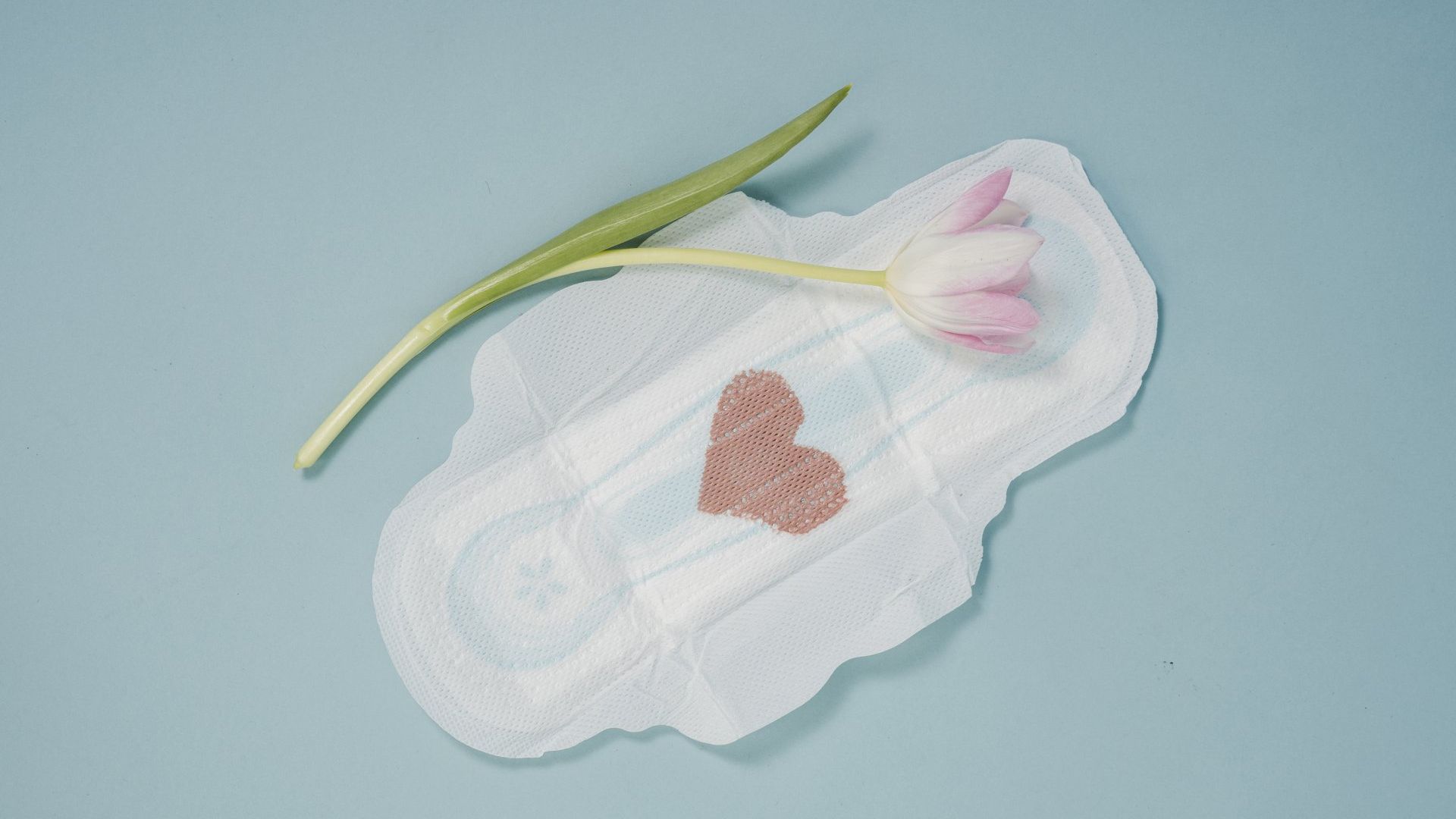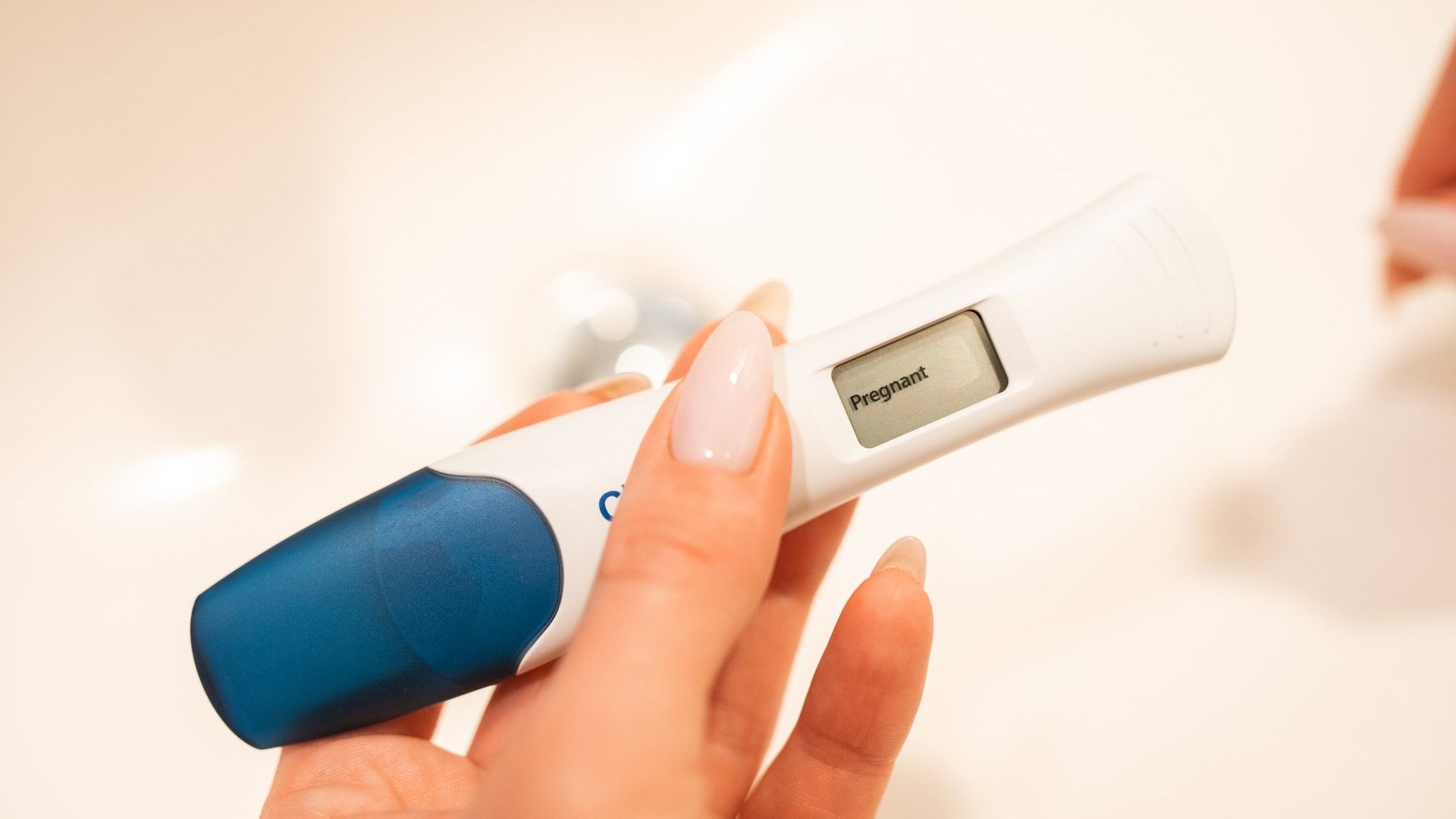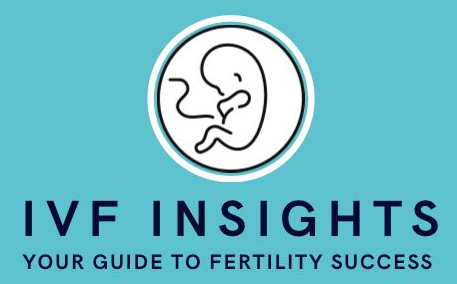
PCOS and Endometriosis: Differences & Pregnancy Odds
Polycystic Ovary Syndrome (PCOS) and Endometriosis are two distinct but commonly occurring gynecological conditions that affect a significant number of women worldwide. These conditions can have profound impacts on women's lives, particularly in their ability to conceive and carry a pregnancy to term. In this article, we will delve into the differences between PCOS and Endometriosis and explore their respective effects on pregnancy odds.
Understanding PCOS and Endometriosis
Before we dive into the specifics of each condition and their implications for fertility, it's essential to have a basic understanding of PCOS and Endometriosis.
You Might Also Like: Endometriosis and Fertility: What You Need to Know
Polycystic Ovary Syndrome (PCOS)
PCOS is a hormonal disorder characterized by enlarged ovaries containing small cysts, irregular menstrual cycles, and increased androgen levels. It is a common cause of
infertility and affects women during their reproductive years.

Endometriosis
Endometriosis is a condition in which tissue similar to the lining of the uterus (the endometrium) grows outside the uterus. This condition can lead to chronic pain, inflammation, and the formation of scar tissue. Endometriosis can also interfere with fertility.

Key Differences Between PCOS and Endometriosis
While PCOS and Endometriosis share some common symptoms, they are fundamentally different conditions:
Underlying Cause
PCOS is primarily a hormonal disorder, whereas Endometriosis involves the abnormal growth of tissue outside the uterus.
Symptoms
PCOS often presents with symptoms such as irregular periods, acne, and excess hair growth due to elevated androgen levels. Endometriosis is known for causing pelvic pain and painful periods.
Diagnosis
PCOS is typically diagnosed through a combination of medical history, physical exams, and imaging studies. Endometriosis often requires laparoscopic surgery for a definitive diagnosis.
Treatment
Treatment approaches vary; PCOS management may involve lifestyle changes, hormone therapy, and fertility treatments. Endometriosis treatment can include surgery to remove endometrial tissue, pain management, and hormonal therapy.
Fertility Impact
PCOS is a leading cause of infertility, often due to irregular ovulation. Endometriosis can lead to fertility challenges by causing scarring and inflammation in the reproductive organs.
Pregnancy Odds with PCOS
Women with PCOS may face fertility difficulties due to irregular ovulation or an ovulation. However, with the right interventions, many women with PCOS can achieve a
successful pregnancy. Treatment options may include lifestyle changes, ovulation-inducing medications, or assisted reproductive technologies like
in vitro fertilization (IVF).
Pregnancy Odds with Endometriosis
Endometriosis can make it more challenging to conceive due to the inflammation and scarring it causes in the reproductive organs. However, many women with Endometriosis
can still become pregnant. Treatment may involve laparoscopic surgery to remove endometrial tissue, pain management, or fertility treatments.

The Role of Expert Care
Both PCOS and Endometriosis can have a significant impact on a woman's ability to conceive. Seeking care from a knowledgeable and experienced healthcare provider is essential for understanding your specific condition, receiving appropriate treatment, and increasing your chances of a successful pregnancy.
PCOS and Endometriosis may present unique challenges on the journey to parenthood, but they are not insurmountable. With the right medical care, lifestyle adjustments, and the support of your healthcare team, many women with these conditions go on to have healthy pregnancies.
Lifestyle Recommendations for Women with PCOS and Endometriosis Trying to Conceive
Navigating the challenges of PCOS and Endometriosis while trying to conceive can be aided by making informed dietary choices. For women with PCOS, a diet that focuses on regulating insulin levels can be particularly beneficial. This includes incorporating whole grains, lean proteins, and healthy fats while limiting refined sugars and processed foods. High-fiber foods, such as fruits, vegetables, and legumes, can also help manage insulin and hormone balance.
On the other hand, women with Endometriosis may find relief in an
anti-inflammatory
diet. Foods rich in antioxidants, such as colorful fruits and vegetables, can help reduce inflammation and minimize pain associated with this condition. Omega-3 fatty acids, found in fatty fish like salmon, are known for their anti-inflammatory properties and can be a valuable addition..

Regardless of the specific condition, maintaining a
healthy weight through a
balanced diet and
regular exercise is a shared goal. Consulting a registered dietitian who specializes in women's health can provide tailored dietary plans for individuals dealing with PCOS or Endometriosis. Combining these dietary changes with
stress management
techniques and support from healthcare providers can help women on their journey to parenthood, making it as smooth and successful as possible



